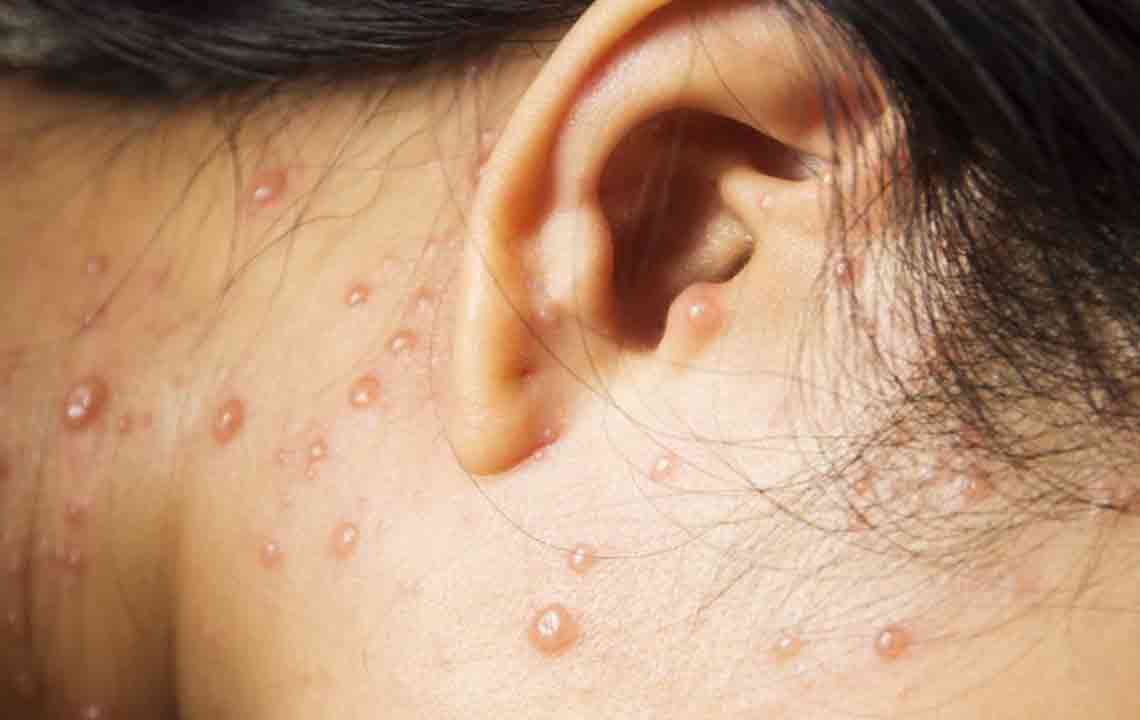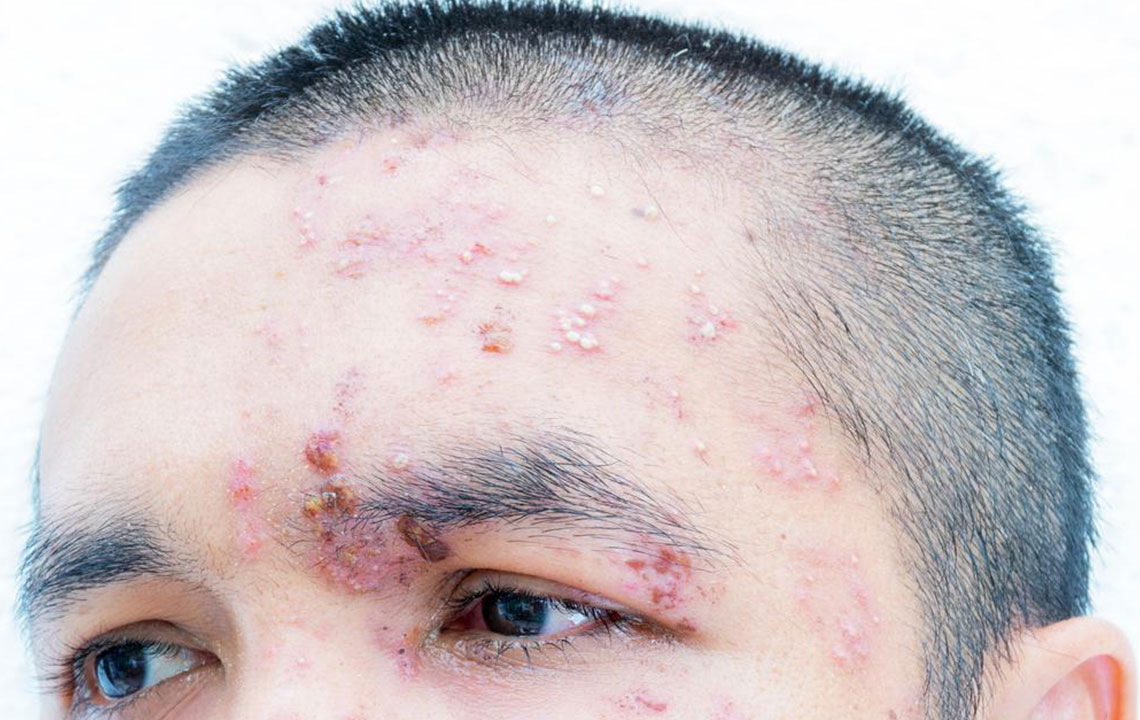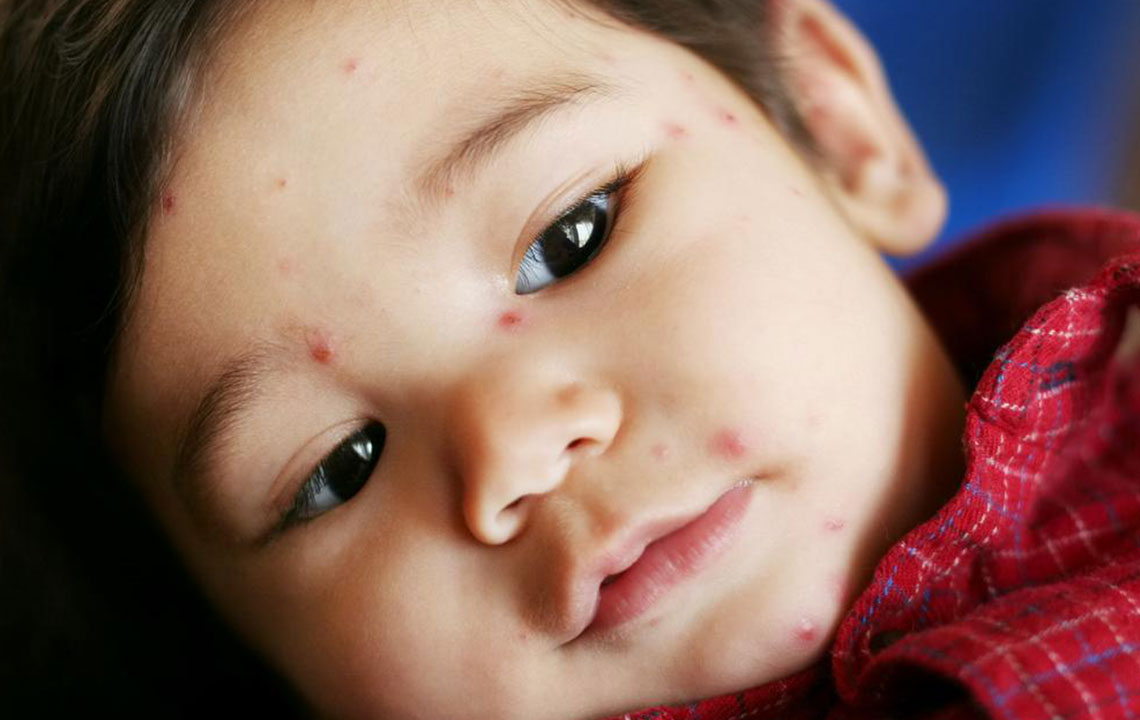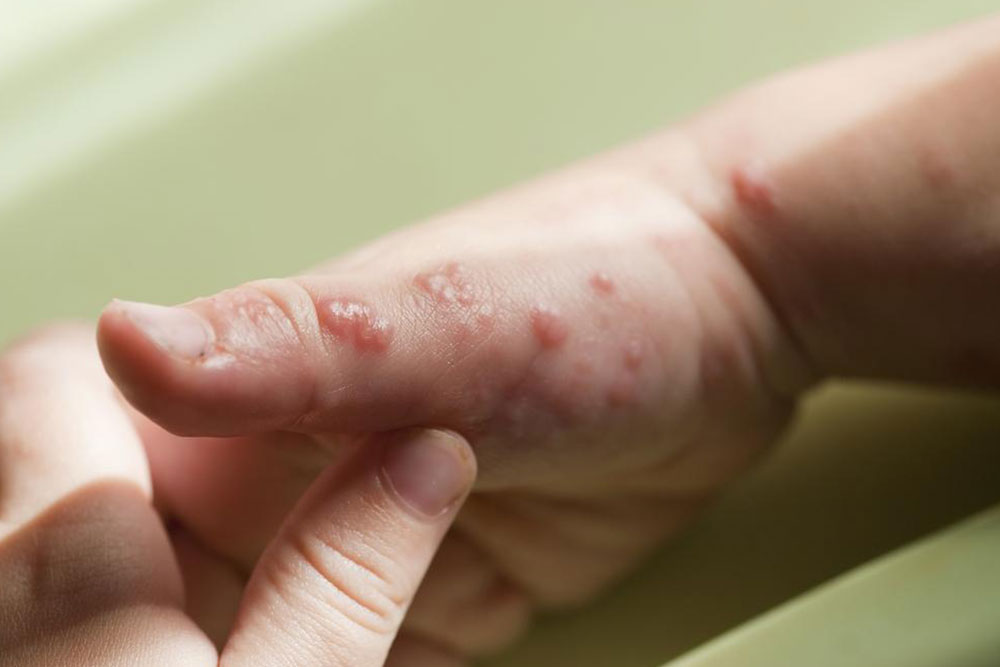Comprehensive Guide to Shingles and Its Management
Learn about shingles, its causes, symptoms, and effective treatment options. Understand risk factors for nerve pain and how early intervention can prevent complications like postherpetic neuralgia. Discover practical tips for managing symptoms and supporting recovery, especially for older adults and immunocompromised individuals. This comprehensive guide offers essential knowledge to recognize and address shingles effectively.

Understanding Shingles: Causes, Symptoms, and Prevention
Shingles is a painful skin condition caused by the reactivation of the varicella-zoster virus, the same virus responsible for chickenpox. It appears as a band or strip of rash on one side of the body or face and is most common among older adults or those with weakened immune defenses. While many recover fully, some may experience recurring episodes or prolonged nerve pain known as postherpetic neuralgia (PHN).
The nerve pain linked to shingles can be intense, often manifesting as sudden stabbing sensations or a persistent burning feeling, especially at night. Proper treatment can effectively manage symptoms and reduce complications.
Post-shingles nerve pain results from nerve damage caused by the virus. Symptoms may include sharp pain, tingling, or numbness, and sometimes, a loss of sensation in affected areas. Certain activities or even light tactile stimuli can trigger discomfort, making daily tasks challenging.
Risk factors for developing PHN include age, immune health, and psychological factors. Research indicates that individuals with pre-existing mental health issues or social isolation are more susceptible. Symptoms might appear before the rash shows, including tingling or itching, providing warning signs of an impending outbreak.
The emotional toll of shingles can be significant, with some suffering from heightened anxiety, depression, or personality changes that increase the risk of chronic pain. Social support plays a crucial role in mitigating these risks.
Prevention and early treatment are vital. Antiviral medications such as valacyclovir, famciclovir, and acyclovir, when started within 72 hours of symptom onset, can reduce the severity and duration of shingles and lower the risk of PHN. Older adults, especially those over 50 with severe symptoms, should consider preventive therapies. Managing skin sores with gentle cleaning, topical creams, and remedies like baking soda can support healing. Follow your healthcare provider's advice for effective management.
Note:
Our articles aim to provide helpful insights across health topics. While based on research, they should not replace professional medical advice. Please consult your healthcare provider for personalized diagnosis and treatment options.










